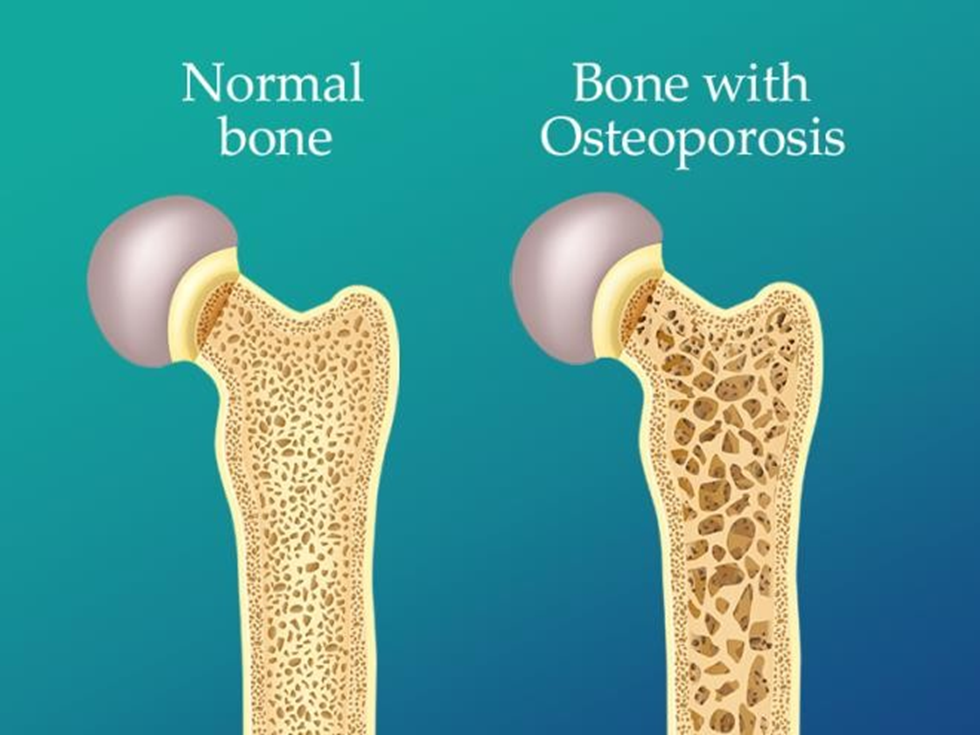A client comes to the clinic and reports having weakness in the left arm and leg for the past week. The nurse should perform which type of neurological exam?
Glasgow Coma Scale
Complete neurological examination
Muscular examination
Neurologic recheck examination
The Correct Answer is B
A. The Glasgow Coma Scale assesses a patient's level of consciousness, not specifically limb weakness.
B. A complete neurological examination would involve assessing cranial nerves, motor and sensory functions, reflexes, coordination, and gait, which are essential when a client presents with unilateral weakness in the arm and leg.
C. A muscular examination might focus more on muscle strength and tone but might not cover the breadth of neurological assessment needed in this scenario.
D. Neurologic recheck examination suggests a reassessment after an initial neurological exam but doesn’t specify the need for a comprehensive evaluation.
Nursing Test Bank
Naxlex Comprehensive Predictor Exams
Related Questions
Correct Answer is C
Explanation
A. African Americans typically have a higher bone density compared to Caucasians and tend to have a lower risk of osteoporosis.
B. Asian men also have a lower risk due to generally higher bone density than Caucasians.
C. Postmenopausal Caucasian women have a higher risk due to hormonal changes after menopause, leading to decreased bone density.
D. American Indians can have varying risks but are not typically considered a population with the highest risk for osteoporosis.

Correct Answer is D
Explanation
A. Salpingitis refers to inflammation of the fallopian tubes and doesn’t relate to cessation of menses.
B. Adnexa refers to the accessory structures of the uterus, such as the ovaries and fallopian tubes, but doesn’t describe the cessation of menses.
C. Menarche refers to the onset of menstruation, which is the opposite of cessation of menses.
D. Menopause is the natural cessation of menstruation that occurs typically around the age of 45-55 years in women.
Whether you are a student looking to ace your exams or a practicing nurse seeking to enhance your expertise , our nursing education contents will empower you with the confidence and competence to make a difference in the lives of patients and become a respected leader in the healthcare field.
Visit Naxlex, invest in your future and unlock endless possibilities with our unparalleled nursing education contents today
Report Wrong Answer on the Current Question
Do you disagree with the answer? If yes, what is your expected answer? Explain.
Kindly be descriptive with the issue you are facing.
